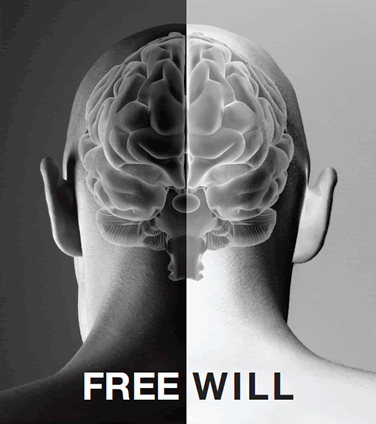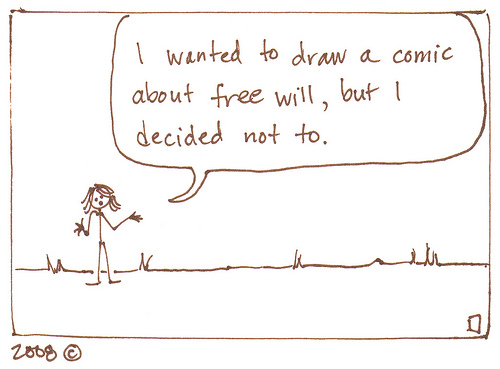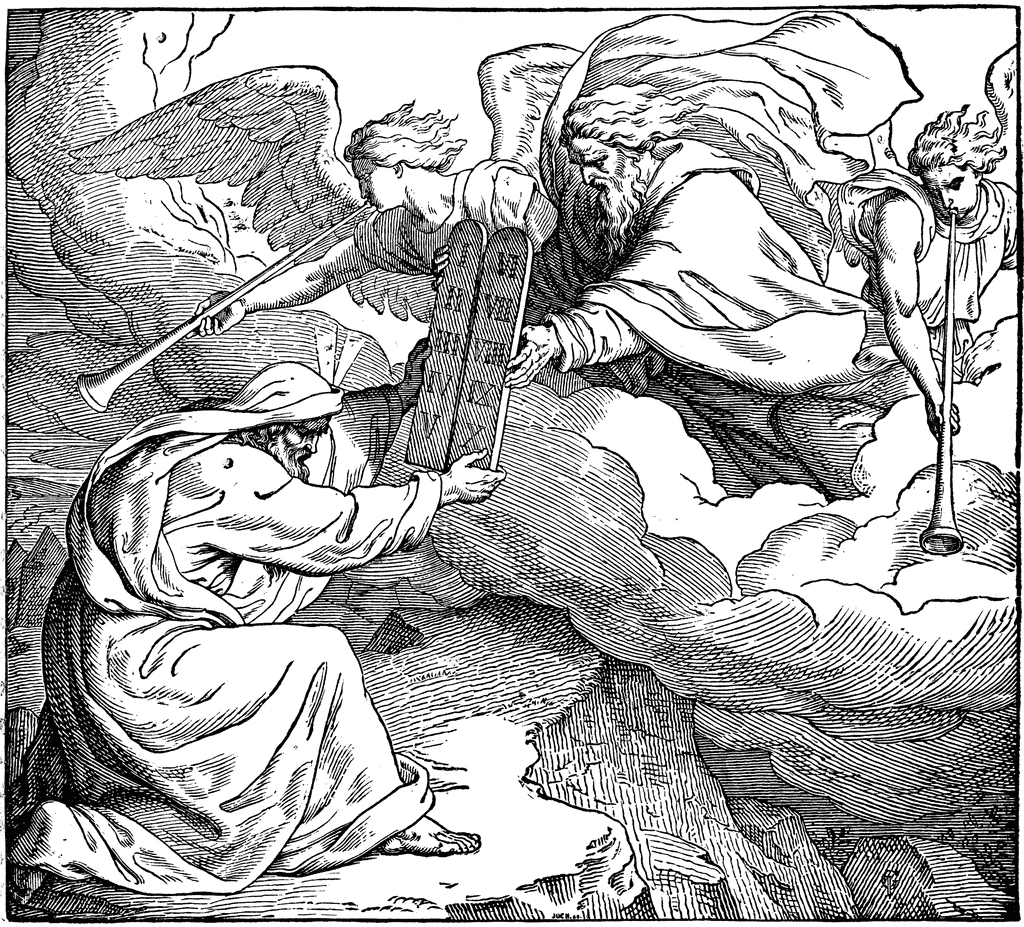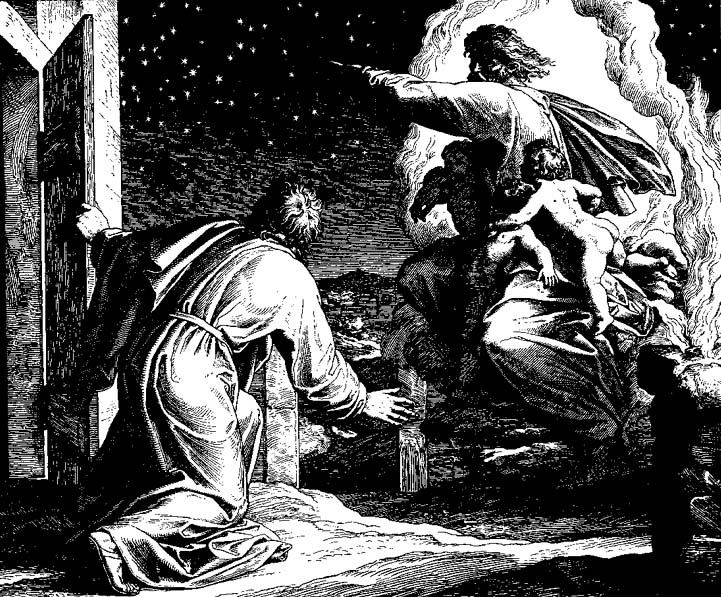Have you ever heard Josephs story? Here's a little background info on Joseph:
Joseph was the youngest of twelve. His father's name was Jacob. Jacob had a long history too. Jacob's great grandfather was Abraham. And Abraham was a descendant of Shem (one of the sons to survive the great flood with Noah). Needless to say, Joseph has an interesting family tree.
Anyway, Joseph was the youngest of 12. Yes folks, I said twelve brothers. I can only imagine the kind of hazing this kid got on a daily bases. Joseph was also, openly, the favorite of his father's sons. To be honest, I think I'd hate him too. And to top it all off, Joseph had a couple of dreams that told him that his brothers would one day bow down to him. (Oh Boy.) Josephs brothers hated him so much, they sold him to slave traders headed to Egypt for a bag of gold. And then lied about it when their father asked what happened!!! "What happened to Joseph?" "Oh...uh...umm...well you see...all eleven of us turned our back for a second and then...uh....this wild boar, who didn't make much noise...uh...hmn...well it came up and uh...well it ate Joseph whole. Yeah!!! Yeah that's what happened!!!"
Oh yeah. I bet that was a tough dissision: Brother or gold...brother or gold...hmn....which will I choose...hmn....
Anyway, after he was sold to the slave trader the traders brought him to Egypt to be sold to the captain of the palace guard, Potiphar. Now Potiphar had a wife. I'll bet that as the captain gaurd's wife, I'd be a lonely soul. Military life is hard people! But Potiphar's wife was a little extreme. After Joseph had been working in Potiphars house for a while he made a relationship with Potiphar himself. Potiphar look on Joseph as a good servant.
Ah, Sa La Vi, nothing lasts I suppose. Potiphar's wife tried to have an affair with Joseph and when Joseph told her she was wrong for doing so and that she couldn't act that way with him she got angry and embarrased. Her pride then weld up inside of her and so she told her husband that Joseph tried to attack her. Well wouldn't you know? Potiphar believed his wife and sent Joseph to jail. Yep...to jail. Do you know what jail was like during that time. Let's not talk about it :/
Well, prison was an interesting time or Joseph as well (go figure, what isn't interesting in this mans life?). While in prsion he was put in a cell near two other men. They were both lock in the same as he, one was a baker and the other (for lack of a better word) was a butler. And soon they were talking. One of their conversations was about the dreams they were having. The baker and the butler were worried because they knew their dreams meant something, they just weren't sure what. Joseph told them that God understood dreams and that they should tell Joseph what their dreams were. Here is what the butler told Joseph his dream was about:
"In my dream I saw a vine with three branches. As soon as it budded, it blossomed, and its grapes became ripe. I held the king’s cup and squeezed the grapes into it, then I gave the cup to the king."
And Joseph replied, "This is the meaning of your dream. The three branches stand for three days, and in three days the king will pardon you. He will make you his personal servant again, and you will serve him his wine, just as you used to do. But when these good things happen, please don’t forget to tell the king about me, so I can get out of this place. I was kidnapped from the land of the Hebrews, and here in Egypt I haven’t done anything to deserve being thrown in jail."
Then the Baker hearing this was eager to tell Joseph his dream, "I also had a dream. In it I was carrying three breadbaskets stacked on top of my head. The top basket was full of all kinds of baked things for the king, but birds were eating them."
Joseph replied, "This is the meaning of your dream. The three baskets are three days, and in three days the king will have you killed.”
Ouch. Kick me, why don't you!
Three days later, while the king was celebrating his birthday with a dinner, he sent for his personal servant and the chief cook. He put the personal servant back in his old job and had the cook put to death.
Everything happened just as Joseph had said it would, but the king’s personal servant completely forgot about Joseph.
And then quite a long time past...and then the king had a dream and it went like this:
He was standing by the NileRiver, when seven cows, fat and sleek, came up out of the river and began to feed on the grass. After them, there were seven other cows, ugly and gaunt. They came up out of the NileRiver and stood on the bank. And those ugly and gaunt cows ate up the seven sleek, fat cows.
Then he had another dream:
There were seven heads of grain, good and healthy which were growing on a single stalk. After them were another seven other heads of grains sprouted which were thin and scorched by the east wind. The thin heads of grain swallowed up the seven good and healthy full heads of grain.
The king looked everywhere for someone to interpret this dream, but he found no one. And then, "Oh yeah!' said the butler. "I know a man! He's still in jail. He interpreted my dream and the bakers and it all came true. You should go get him." So after two years the butler finally remembered.
So the Pharaoh sent for Joseph and Joseph interpreted his dream and said to him:
"The two dreams mean the same thing; God has told you what he is going to do. The seven fat cows represent the seven years, and the seven full heads of grain are also seven years; they all have same meaning. The seven thin cows which came up later and the seven thin heads of grains scorched by the desert wind on the other hand represent the seven years of famine. God has shown to you what he is going to do, just like what I have told you. There will be seven years of great abundance all over the land of Egypt. There will be seven years of famine after that and all the good years will be forgotten, because the famine will ruin the country. The years of abundance will be totally forgotten, because the famine which follows will be so terrible. The recurrence of your dream means that the matter has already been fixed by God and He will make things happen in the near future."
And now the Pharaoh should choose some man with wisdom and insight and put him in charge of the country. During the seven years of plenty harvest you must also appoint other officials and take a fifth of the crops. During the good years that are coming, you have to order them to collect all the food and give them authority to store up grains in the cities but have them guarded. The foods that were stored will be reserve supply for the country during the seven years of famine which are going to come on Egypt. The people will not starve in this way.”
And do you know who he chose to put in charge of those things?
Joseph.
Yes Joseph became second only to the king....
O.O
Crazy.
So of course the famine came and Joseph made Egypt ready. They stored all their food and gave out food during the famine. But the famine reached passed Egypt. Reached all the way back to Josephs family. And now comes the brothers again. The brothers were sent to Egypt to get some food. The youngest of them (Benjamin) was left behind with their father. Joseph invited them in. And wouldn't you know? They didn't recognize him. Long story short (although this is my favorite part, but this post is just getting so long. Go read the rest of it in Genesis) After they came back the second time, they bowed down to him and he revealed himself. He hugged them and wished them only good will. In Josephs mind his brothers sold him into Gods will.
So what do you think? Can God use the sins of the whole world to fulfill His great works? Gee. I wonder. :]















 ??????? Truth ?????
??????? Truth ?????



